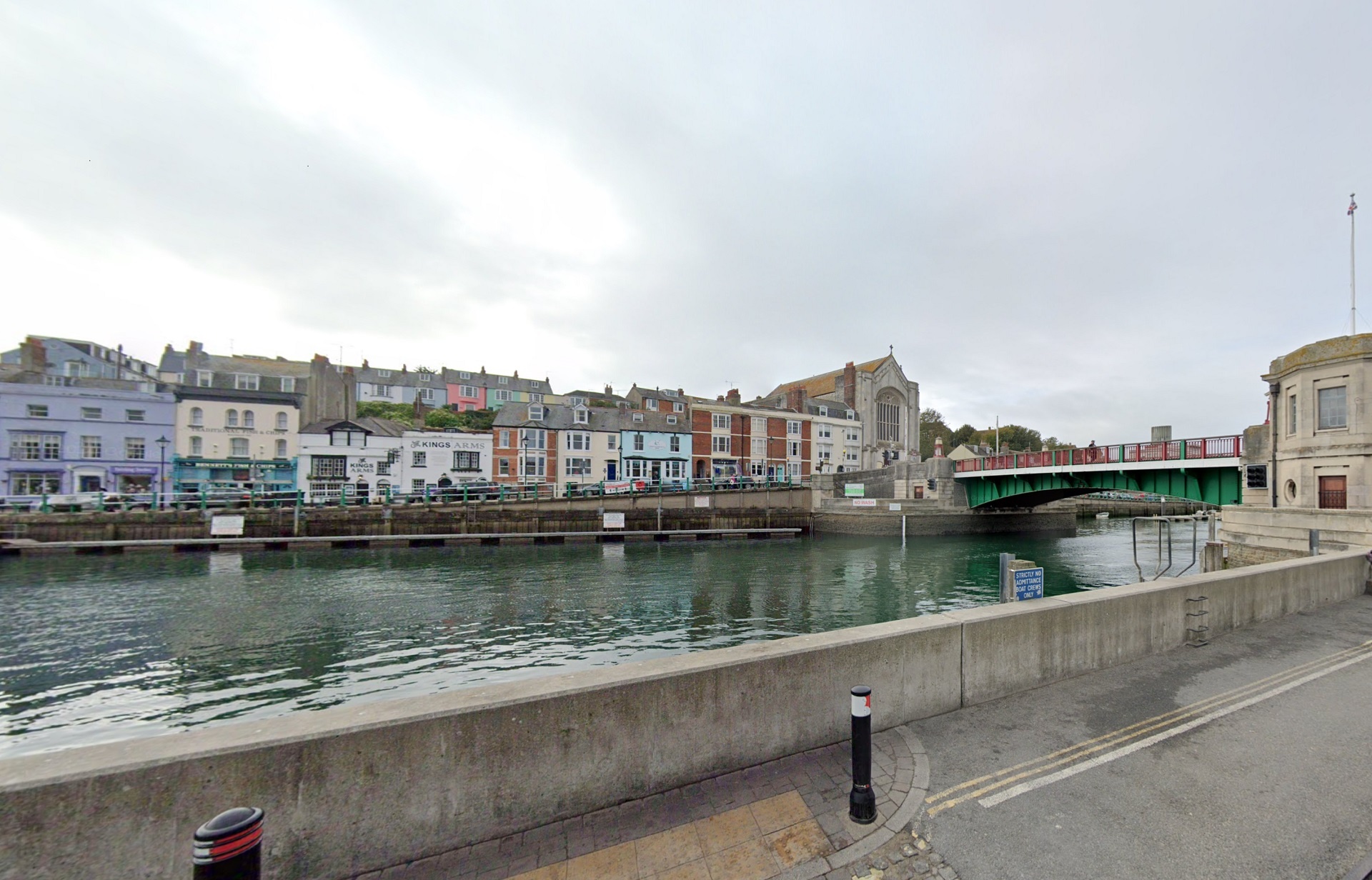A change coming into effect this weekend will have a devastating impact on thousands of people in Dorset, and many more across the rest of the country. The Government’s Coronavirus Job Retention Scheme, better known as furlough, which has kept many people going throughout the pandemic, comes to an end on Saturday.
Dorset’s PCC Martyn Underhill has told KeeP 106.
The Job Support Scheme, which will replace it and run until next April, enables employees to work less than their normal hours if their business is affected by Covid, with the Government and the employer paying some of the wages for the hours they’re not working. However, not everyone will be eligible for this and even those who do could find themselves losing a large amount of money each month.
Many businesses are likely to collapse as we head into one of the bleakest winters a lot of us have ever known, with Chancellor Rishi Sunak recently telling the Commons that even businesses not forced to shut were facing ‘profound economic uncertainty’.
Here in Dorset, where some towns rely heavily on the fleeting tourist trade, many people are sadly no strangers to economic uncertainty, and after having made it through the summer I fear greatly about the impact that the next few months will have on our businesses. More importantly, if we are to see a return to levels of joblessness not experienced since the early 1990s, I worry about what effect this will have on the residents of our great county.
Over the next few days I will be sharing a series of blogs from others who share my concerns and hope to offer some guidance for those worried about their situation. We’ll hear from Citizens Advice, who have seen a 25% increase in the number of people seeking help with employment related issues across Dorset in the six months to the end of September, and who are anticipating an even greater increase as furlough ends. They will provide advice for those facing redundancy, about what their rights are, as well as about money and housing worries. We will also hear from Dorset Police’s cyber protect officer Chris Conroy, who will give advice about avoiding online criminals who sadly prey on those who have recently been made redundant and are understandably desperate for any opportunities to make money. However, I want to talk about another aspect of this – the impact I fear worklessness is likely to have on people’s mental health.
The last few months have already had a devastating effect, with charities nationally and locally talking about a huge increase in people reporting issues such as anxiety, stress and depression during lockdown and its aftermath. This may well be exacerbated as the furlough scheme ends, with many more people feeling uncertain and overwhelmed as financial struggles take over their lives, but help is out there for people who feel they need it.
Dorset Mind have included a guide on their website featuring advice for those worried about their finances, including links to other organisations that can help. They have also created a five step crisis plan for those struggling with mental health, while for those seeking urgent help, up to date information is available here.
For people who need help but aren’t experiencing crisis, the charity also offers a range of one to one and group support across Dorset including active monitoring, befriending, counselling and mentoring for eating disorders. Dorset HealthCare University NHS Foundation Trust provides support for those in crisis, including virtual support through the community front rooms, and a 24/7 Connection phone line which you can call on 0300 123 5440 to be signposted to the right service for the support you need. The trust also provides advice through its Steps2Wellbeing service, while support is also provided by Public Health Dorset.
Help is available to those who need it, but we should also look out for each other. Check on people in your friendship groups if you’re worried about them, particularly men who are often less willing to come forward for help. Listen to them – you might be surprised how people open up if they’re asked. Click here to find some great advice from Samaritans about how to talk to someone you’re worried about. Of course, is someone is at immediate risk of harm you should call 999, but you can also find advice about who to contact in the ‘vulnerable people’ and ‘loneliness’ sections of Dorset Police’s Ask NED page.
If your business is closing as a result of the pandemic, please remember this isn’t your fault. Many, many employers have struggled.
Please remember, now more than ever, its OK not to be OK. These next few months, maybe the next few years, are not likely to be easy for any of us. Let’s talk to each other.
Photo: Dorset Police and Crime Commissioner Martyn Underhill.
















